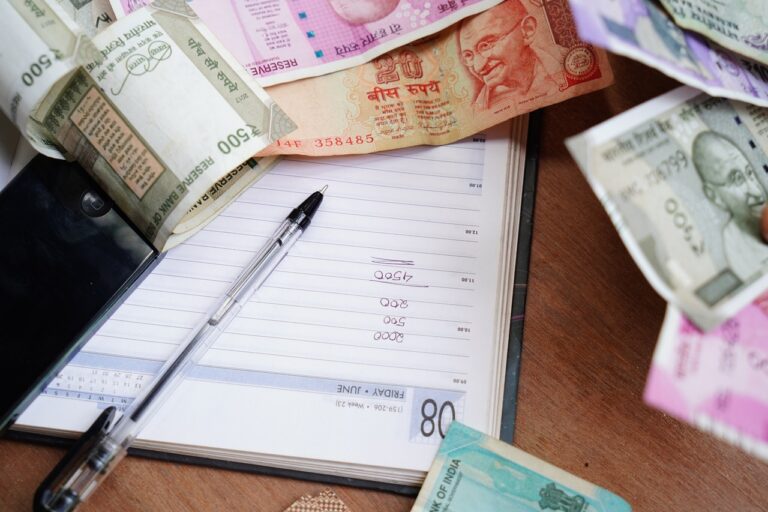The Role of Election Observers in Ensuring Fairness
Election observers play a crucial role in ensuring free and fair elections. By monitoring polling stations and observing the electoral process, they help uphold democratic principles and protect the integrity of the voting process. Their presence helps deter electoral fraud, promote transparency, and build public trust in the legitimacy of the election results.
Moreover, election observers provide an independent assessment of the election process, identifying any irregularities or violations of electoral laws. This information can be used to address issues and improve electoral procedures for future elections. Their impartial oversight helps to strengthen democracy and enhance the credibility of the electoral process, both domestically and internationally.
The Responsibilities of Election Observers
Election observers play a crucial role in ensuring the integrity and fairness of the electoral process. Their primary responsibility is to monitor the entire voting process, from voter registration to the announcement of results. Observers are tasked with noting any irregularities or violations of electoral laws and regulations.
Additionally, election observers are responsible for reporting their findings to relevant authorities, both locally and internationally. This includes submitting detailed reports on any observed irregularities, violations, or concerns that may have impacted the electoral process. By providing unbiased and impartial assessments, election observers help promote transparency and accountability in elections.
• Election observers monitor the entire voting process
• They note any irregularities or violations of electoral laws and regulations
• Observers report their findings to relevant authorities locally and internationally
• They submit detailed reports on observed irregularities, violations, or concerns
• Election observers provide unbiased and impartial assessments to promote transparency and accountability in elections
How Election Observers Monitor the Electoral Process
Election observers play a crucial role in monitoring the electoral process to ensure fairness and transparency. They are tasked with observing various stages of the election, such as voter registration, campaigning, voting, and counting of ballots. By being present at polling stations and closely observing the procedures, election observers can help detect any irregularities or violations that may occur.
Additionally, election observers often interact with election officials, political parties, and voters to gather information and assess the overall integrity of the electoral process. Their objective presence serves as a deterrent to potential misconduct and helps maintain public trust in the democratic process. By providing unbiased reports and recommendations based on their observations, election observers contribute to upholding the principles of free and fair elections.
Why are election observers important in the electoral process?
Election observers play a crucial role in ensuring that elections are conducted fairly, transparently, and in accordance with democratic principles. They help to prevent fraud, manipulation, and other irregularities that could undermine the integrity of the electoral process.
What are the responsibilities of election observers?
Election observers are typically tasked with monitoring various aspects of the electoral process, including voter registration, campaigning, polling, vote counting, and the announcement of results. They observe and report on any irregularities or violations of electoral laws and regulations.
How do election observers monitor the electoral process?
Election observers monitor the electoral process by conducting pre-election assessments, observing polling stations on election day, and analyzing the overall conduct of the election. They may also meet with election officials, political parties, and other stakeholders to gather information and assess the overall integrity of the electoral process.







